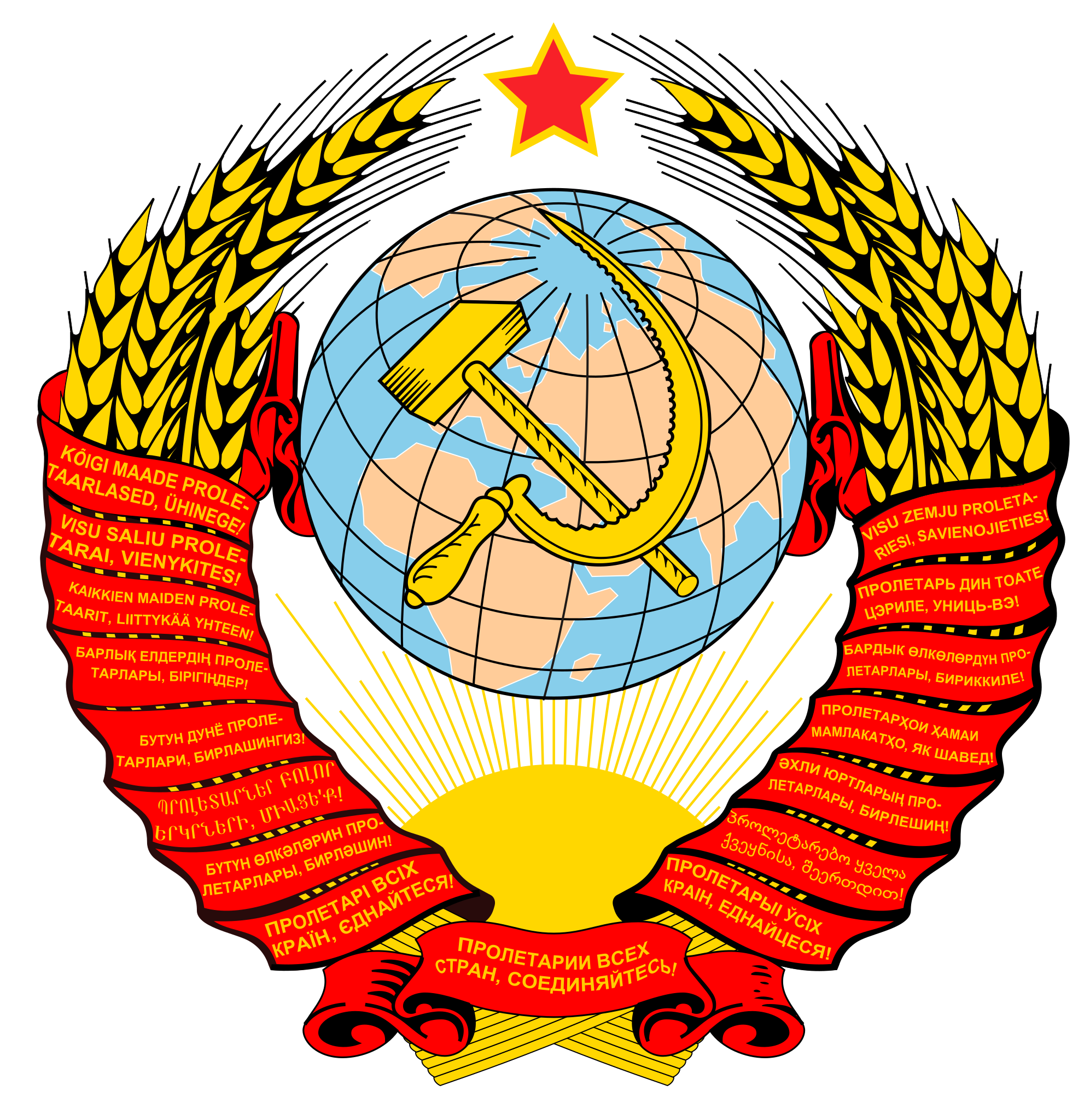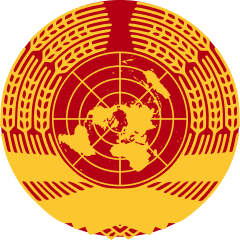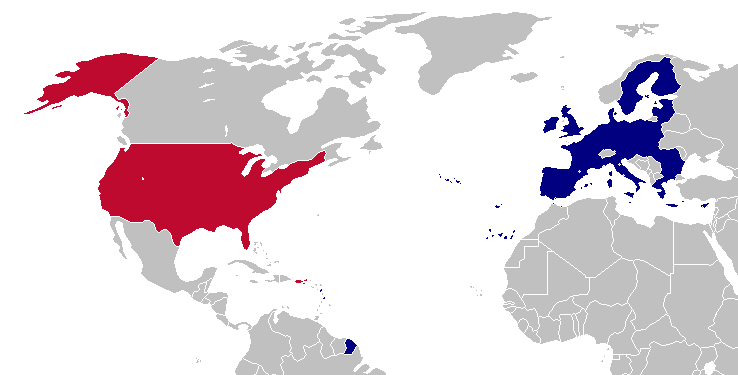

It wasn’t able to destroy Cuba, Vietnam, Laos, or the DPRK despite bombing and/or coup attempts.
He/him 🇰🇵 🇨🇳 🇨🇺 🇱🇦 🇻🇳 🇵🇸 🏳️🌈 مرگ بر آمریکا
没有共产党就没有新中国
Рабочие всех стран, соединяйтесь


It wasn’t able to destroy Cuba, Vietnam, Laos, or the DPRK despite bombing and/or coup attempts.


Use statistics about life expectancy, literacy, and economic development.
Here is some reading material:


Socialism must take the material and historical conditions of a country into account and construct socialism in a way that fits with them. For example, a revolution in the United States (a settler-colony in the imperial core with a large proletariat) would have to act differently than a revolution in Vietnam (a colonized and majority peasant country) or somewhere else. Mariátegui specifically was referring to the indigenous history of Peru and the pre-colonial communes that existed.
The white is all the land that Germany lost after WWII, they could have made a Jewish state out of that or part of it.

They honestly should have done this with East Prussia after WWII instead of splitting it between Poland and Russia (Kaliningrad).


Russia is a bourgeois state but the interests of its national bourgeoisie happen to be against the interests of imperialism.


History of the CPSU, Another View of Stalin, Stalin: History and Critique of a Black Legend, Socialism Betrayed, Human Rights in the Soviet Union


Eswatini, Kenya, or South Africa maybe. They all have fairly strong parties.
 The old logo didn’t center the Atlantic but still put the north at the center.
The old logo didn’t center the Atlantic but still put the north at the center.


CGTN did several online polls with questions in different languages but the poll might not be a representative sample of the Chinese population since they could include foreigners and many Chinese people would decide not to answer or never even see the poll. The results say:


The early Zionists were secular and just said they were “civilizing” part of Asia and creating “an outpost of Europe in Asia.


A section of The Darker Nations by Prashad is about Iran.


The eastern Donbass was independent at the time but it’s weird to put Crimea as separate from Russia AND Ukraine. They also do a similar thing with Kashmir.


I don’t know about this specific case, but in April 1980 some people killed an embassy guard and broke into the Peruvian embassy and Cuba let them leave.


L毛 they put Tibet on there.
Can you add this one: “This does not mean, of course, that the proletariat must support every national movement, everywhere and always, in every individual concrete case. It means that support must be given to such national movements as tend to weaken, to overthrow imperialism, and not to strengthen and preserve it. Cases occur when the national movements in certain oppressed countries came into conflict with the interests of the development of the proletarian movement. In such cases support is, of course, entirely out of the question. The question of the rights of nations is not an isolated, self-sufficient question; it is a part of the general problem of the proletarian revolution, subordinate to the whole, and must be considered from the point of view of the whole. In the forties of the last century Marx supported the national movement of the Poles and Hungarians and was opposed to the national movement of the Czechs and the South Slavs. Why? Because the Czechs and the South Slavs were then ‘reactionary peoples,’ ‘Russian outposts’ in Europe, outposts of absolutism; whereas the Poles and the Hungarians were ‘revolutionary peoples,’ fighting against absolutism.” – Joseph Stalin, Foundations of Leninism
Some nationalities (Chechens, Crimean Tatars, Ingush, Kalmyks, and Karachay-Balkars) had higher rates of collaboration with Nazis than the overall population even though majority of their group opposed the Nazis in many cases. They probably shouldn’t have been deported, although I understand that the authorities had to make quick decisions in wartime and many of them would have been killed anyway by the Nazis if they hadn’t been deported. However, the Germans many regions of Russia had arrived during Tsarist times as settlers and had often been in the nobility, which made many of them counterrevolutionary. The deportation of Volga Germans is probably the only one of these deportations I would defend considering how Germans in other areas such as the Sudetenland had enabled Nazi expansion.
In addition, some groups not suspected of supporting the Nazis, specifically Jews, were deported to far away from the front lines in order to keep them away from the Nazis.